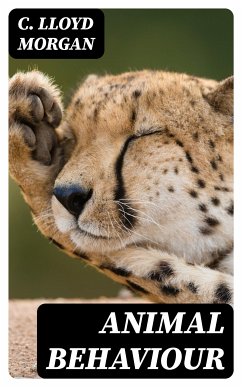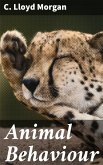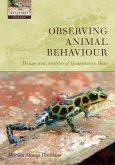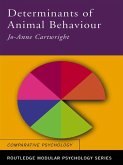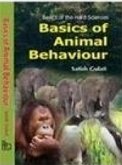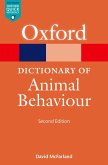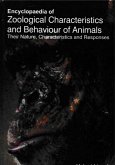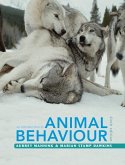In "Animal Behaviour," C. Lloyd Morgan meticulously examines the psychological processes underlying animal actions, intertwining observations with a philosophical inquiry into the nature of instinct and learning. Written during a pivotal time in the late 19th and early 20th centuries, Morgan's work employs an empirical approach that anticipated the advent of behaviorism, distinguishing itself with its clear, accessible prose and an emphasis on observational accuracy. His pioneering 'canon of parsimony' invites the reader to interpret animal behavior through the lens of simplicity, avoiding anthropomorphism while promoting a deeper understanding of animal agency and cognition. C. Lloyd Morgan, a prominent figure in comparative psychology, was influenced by his background in natural history and philosophy. His exposure to the burgeoning field of psychology, coupled with his own scientific curiosity, inspired him to explore the complexities of animal minds. Morgan's contributions were foundational, as he pushed the boundaries of animal behavior studies, advocating for rigorous observational methods that shaped modern ethology and behavioral ecology. This book is an essential read for students and enthusiasts of biology, psychology, and ethics alike, as it provides valuable insights into the rich tapestry of animal life. Morgan's thoughtful explorations encourage readers to reflect on the intersections of instinct, learning, and the moral implications of our relationship with the animal kingdom.
Dieser Download kann aus rechtlichen Gründen nur mit Rechnungsadresse in A, B, BG, CY, CZ, D, DK, EW, E, FIN, F, GR, H, IRL, I, LT, L, LR, M, NL, PL, P, R, S, SLO, SK ausgeliefert werden.

